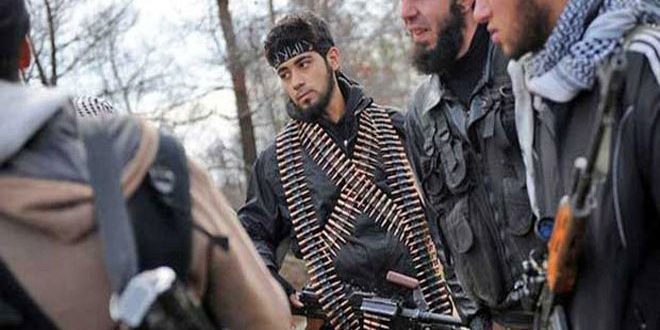WASHINGTON-Logging 52 offenses since 2014, Daesh terror group is likely to use them again as the offensive on Mosul advances, according to a report by IHS Markit.
Chemical weapons are banned by the 1993 Paris-New York Chemical Weapons Convention, which forbids signatory counties from producing, stockpiling and using the materials as weapons.
According to Sputnik, Daesh is notorious for using any means available to kill and conquer. Recently, the “jihadist” group set fire to a sulfur mine 25 miles from Mosul, and winds brought poisonous smoke onto coalition positions, where displaced civilians were sheltering. According to Stars and Stripes, US troops protected themselves with gas masks, while “hundreds of the unprotected civilians” had nothing to protect them against nosebleeds, headaches and choking.
Reports said that the violent religious fundamentalist group has used chemical weapons in and around Mosul 19 times. The US-led coalition claims that the deadly practice has declined recently, however, according to the report, there is still a high risk that advancing forces will be met with a chemical attack.
“As the [Islamic State] loses ground around Mosul, there is a high risk of the group using chemical weapons to slow down and demoralize advancing Iraqi forces, and to potentially make an example of — and take revenge on — civilians within the city,” said Columb Strack, senior analyst and head of the IHS Conflict Monitor, which collaborated on the report.
The two main chemicals Daesh is said to use are sulphur mustard and chlorine. The substances cause severe damage to the lungs and skin, as well as eye injuries, including blindness. Exposure to large quantities is lethal.
Mosul, the center of Daesh’s activities in the region, is said to be the core of the terror group’s chemical weapons stockpile.
H.M

